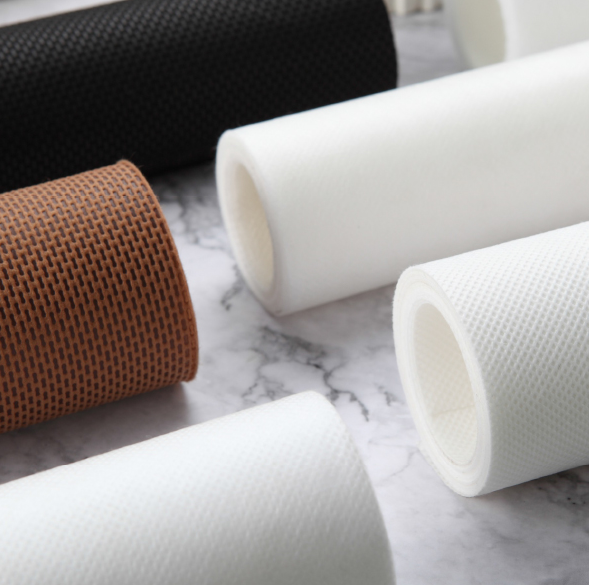Gardening is a popular pastime for individuals who enjoy getting their hands dirty and creating beautiful outdoor spaces. However, it requires dedication, time, and effort to ensure a successful garden. One way to make the gardening process easier and more efficient is by incorporating garden use fabric. Specifically, PP nonwoven fabric, also known as spunbond nonwoven fabric, has become increasingly popular due to its versatility and numerous benefits.
PP nonwoven fabric is a synthetic textile material that is made from polypropylene fibers. These fibers are bonded together using a heat and pressure combination, resulting in a fabric that is strong, durable, and resistant to tearing. Its unique structure gives it excellent breathability, which is crucial in gardening applications.
One of the primary uses of PP nonwoven fabric in gardening is as a weed barrier. Weeds can be a significant nuisance in any garden, competing with plants for essential nutrients and water. By placing a layer of PP nonwoven fabric around plants or over raised beds, gardeners can prevent weeds from growing. The fabric acts as a barrier, blocking the sunlight that weeds need to grow, while still allowing air and water to penetrate the soil. This not only reduces the time and effort spent on weed control but also helps promote healthier plant growth.
Moreover, PP nonwoven fabric is an environmentally friendly choice as it reduces the need for chemical herbicides. By using fabric instead of relying solely on chemical weed control methods, gardeners can create a more sustainable gardening practice.
In addition to weed control, PP nonwoven fabric also serves as an effective soil erosion prevention tool. When heavy rains or watering occur, the fabric helps to stabilize the soil, preventing it from washing away. By retaining the soil, gardeners can ensure that their plants have a strong foundation for healthy growth. This is particularly useful for sloping gardens or areas prone to erosion.
Another advantage of using PP nonwoven fabric in gardens is that it provides an insulation layer. This insulation helps to regulate the soil temperature by protecting it from extreme heat, cold, or sudden temperature fluctuations. This is especially beneficial for delicate plants or during the changing seasons when temperature swings are common. The fabric acts as a buffer, minimizing stress on the plants and allowing them to flourish in a more stable environment.
Furthermore, PP nonwoven fabric is highly water-permeable, meaning it allows water to pass through it easily. This property is essential in gardening, as it ensures proper irrigation. The fabric prevents water from pooling on the surface, allowing it to percolate through the soil evenly. This helps to prevent waterlogging and root rot, creating optimal growing conditions for plants.
The versatility of PP nonwoven fabric extends beyond use in the garden. It can also be used for various other gardening applications, such as plant covers, ground covers, and tree wraps. Its lightweight nature makes it easy to handle and install, while its durability ensures long-lasting protection.
In conclusion, incorporating PP nonwoven fabric into your gardening routine can greatly enhance the efficiency and overall success of your garden. From weed control and erosion prevention to soil insulation and proper irrigation, this versatile fabric offers numerous benefits that address common gardening challenges. By investing in a quality garden use fabric like PP nonwoven fabric, gardeners can enjoy a healthier, more vibrant garden while minimizing their environmental impact.
Post time: Aug-18-2023
